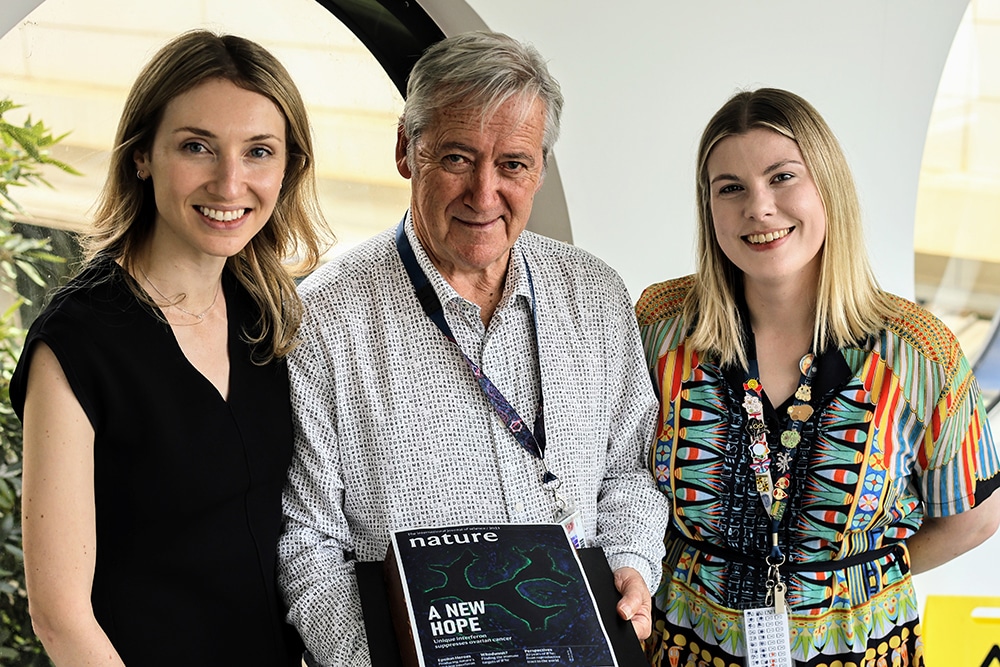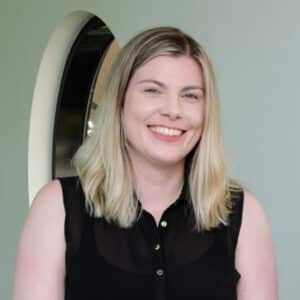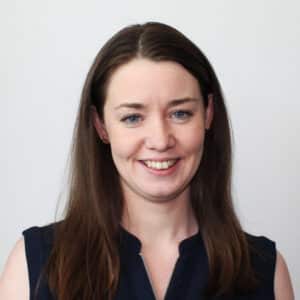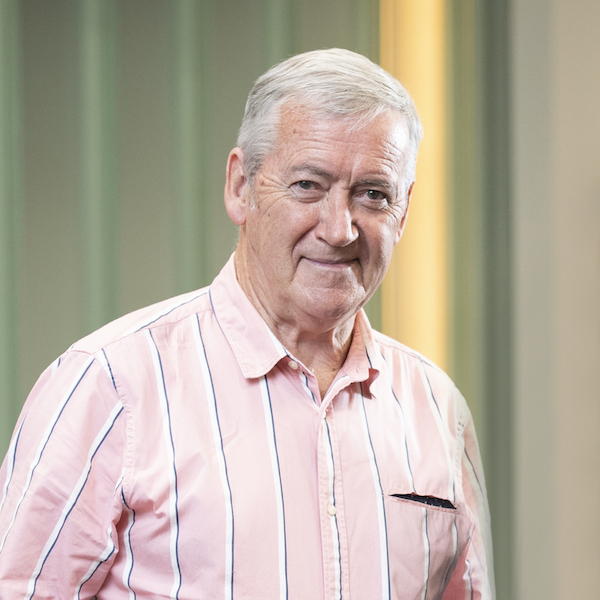The search for preventions and cures has turned inward – focussing on the immune system to stop ovarian cancer.

Professor Paul Hertzog‘s research group at Hudson Institute of Medical Research has been working to expand on their discovery of a naturally occurring signalling protein found in the female reproductive tract, Interferon epsilon (IFN-e), and its potential application in treatment of ovarian cancer.
Their work involves harnessing the body’s own system of signaling proteins to fight ovarian cancer, with their latest research now published in the influential journal Nature.
“Last year more than 1,000 Australians died of ovarian cancer, and the likelihood of living more than five years with the disease is still less than 50 per cent,” Professor Hertzog said. “It is often diagnosed late, and the most common treatments have limited effectiveness, with resistance to chemotherapy a major factor. It is a disease where new insights were needed”
This project built on the Hertzog research group’s expertise in the study of IFNε and formed the PhD project of Dr Zoe Marks, which established that IFN-e protects against ovarian cancer via tumour cells as well as the body’s immune system.
Using the immune system to stop ovarian cancer

The publication’s joint first author, Dr Nicole Campbell, has been working for several years on understanding how these treatments which target the body’s immune system can be optimised to improve its ability to fight the tumour.
“Immunotherapies have been very successful in the treatment of other types of cancer, but they have had limited success in ovarian cancer – we’re looking to change that,” Dr Campbell said.
“We know that in High Grade Serous Ovarian Cancers (the commonest form of ovarian cancer) tumour cells recruit and activate ‘immunosuppressive’ cells which prevent anti-tumour immune cells from killing tumour cells, so we’re aiming to develop new therapeutics which can reverse that process and improve survival rates.”

This work was co-supervised by a post-doctoral scientist Dr Nollaig Bourke, who has now returned to establish her own research group in Trinity College Dublin.
Dr Bourke says that early in this study they found that women with High Grade Serous Ovarian Cancer no longer had the normal expression of interferon epsilon.
“This was really interesting to us as we knew that interferon epsilon was part of a family of proteins known for their anti-tumour activities and we wondered what would happen if we could try restore this lost expression,” Dr Bourke said.
Ovarian cancer tumour suppressor

Could giving interferon epsilon back help block the growth of ovarian cancer cells and therefore prevent the growth of primary and secondary tumours?
“The results that we got were very striking and confirmed that interferon epsilon was a very effective tumour suppressor in ovarian cancer.”
Prof Hertzog explained that since his laboratory’s discovery of Interferon epsilon in 2004, a great deal of progress has been made, with Hudson Institute leading the world.
“At Hudson Institute we are now able to produce pure IFN-e, which allows us to conduct incredibly valuable research into how and where it can be used most effectively,” he said.
Tumour suppressor lost during ovarian cancer formation
“We now know that Interferon epsilon is naturally made in the epithelium lining organs such as the female reproductive tract where it acts as a natural booster of immunity to infections. Our recent discovery is that it also acts as a tumour suppressant, and that it is lost during the process of ovarian tumour formation.
“We know from pre-clinical models that administering it will dramatically inhibit ovarian cancer growth, particularly in cases where the cancer has metastasised into the peritoneal cavity,” Prof Hertzog said.
Prof Hertzog attributes the success of this project to teamwork: his own dedicated team who supported the principal investigators in Dr Zoe Marks and Dr Nicole Campbell and Dr Nollaig Bourke, combined with collaborators, especially Professor Clare Scott and her group at Melbourne’s Walter and Eliza Hall Institute, colleagues at the Peter MacCallum Cancer Centre and other international institutions.







